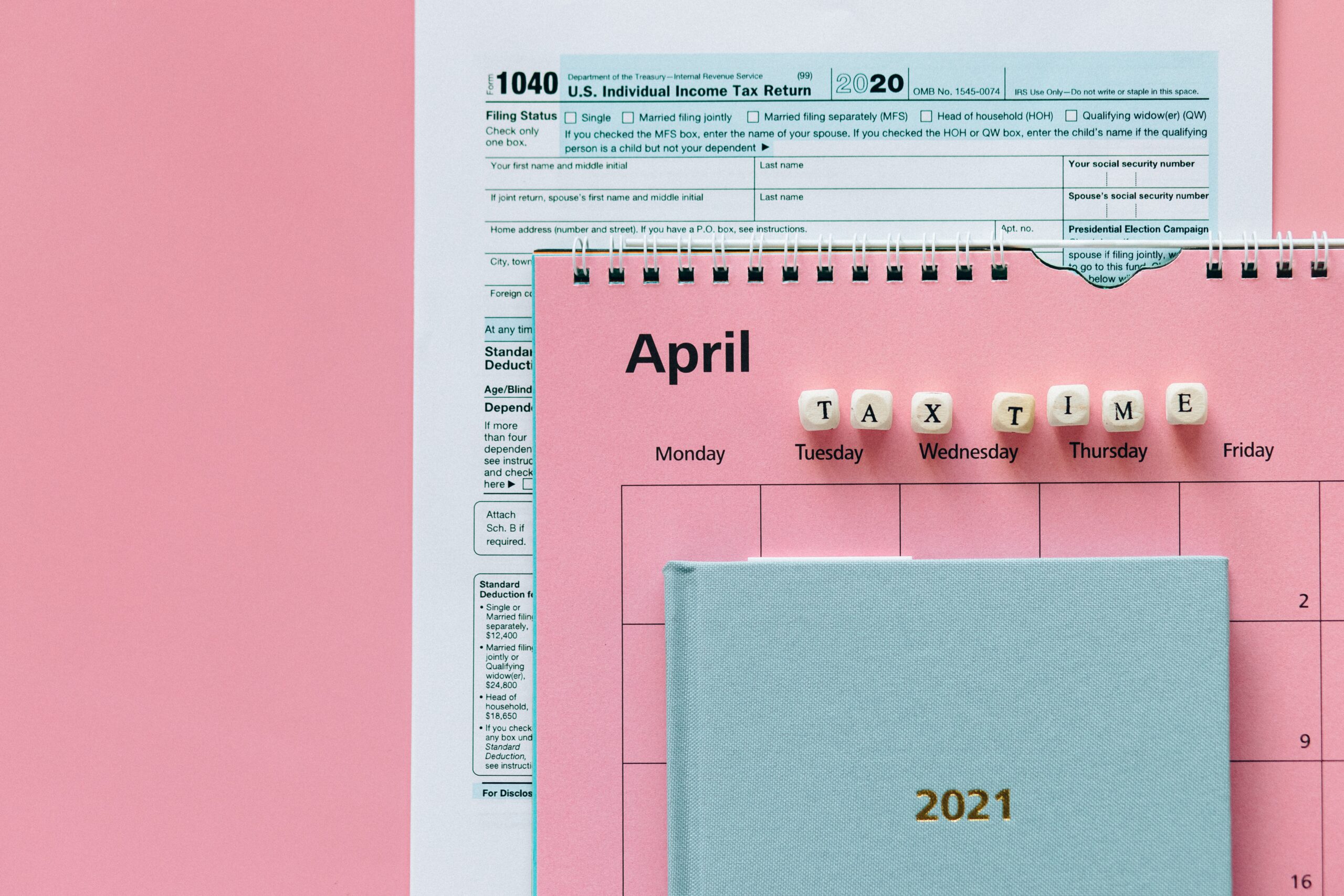5 Tips to help navigate 2021 changes to filing taxes

Navigating changes to the tax code every year can be overwhelming. To simplify your tax season, we gathered five changes for 2021 that may impact your tax return.
1) Recovery Rebate Credit
The third stimulus payment (Economic Impact Payment as the IRS calls them) during the COVID-19 pandemic is accounted for in the 2021 tax return, just like the first two rounds of stimulus payments were accounted for in the 2020 tax return.
This means you will need to enter how much you received for third stimulus payments. It is important that this number is accurate. Otherwise, it may delay the processing of your tax return and delay any refund expected.
You should have received an IRS letter 1444-C if you received the third stimulus payment. Have that letter available when preparing your tax return. If you don’t have that letter, you can also find the amount the IRS thinks you received in your tax records which you can access through your tax account at irs.gov.
The stimulus payments are not taxable and if you didn’t receive as much as you should have as determined by the result on your 2021 tax return, then you’ll receive the remaining stimulus payment as the Recovery Rebate Credit.
2) Child Tax Credit
The Child Tax Credit was increased in 2021 from $2000 to $3600 for children under 6 and from $2000 to $3000 for children aged 6 to 17. This was also the first year that the IRS offered automatic monthly advanced Child Tax Credit payments to families
When you file your 2021 tax return, you’ll need to enter the total amount of advance payments received in your 2021 tax return.
Those who normally receive a tax refund may find themselves owing on their 2021 tax return due to the advance ChildTax Credit payments. Read more about the Child Tax Credit changes.
3) Child and Dependent Care Tax Credit
The Child and Dependent Care Tax Credit for 2021 has been increased for many taxpayers. In 2020, the maximum credit was $2,100 for two qualifying dependents (although most taxpayers received much less). In 2021 the maximum credit is $8,000 for two qualifying dependents! You can read more about the Child and Dependent Care Tax Credit here.
4) Charitable Contribution Deduction
For 2020, we saw the addition of a $300 charitable contribution tax deduction for money contributions to qualified charitable organizations. This has been extended through 2021 with the improvement that married taxpayers may receive a total $600 deduction when filing Married Filing Jointly (it was $300 in that case for 2020).
This deduction is available to all taxpayers, not just those that itemize on a Schedule A. You can read more about the Charitable Contribution Deduction here.
5) EITC for Taxpayers Without Qualifying Children
The Earned Income Tax Credit (EITC) for taxpayers without qualifying children was extended to include more taxpayers and the maximum amount was increased to $1,502 for childless taxpayers.
This credit is for low-income taxpayers.
The age limit for childless taxpayers has been eliminated (it was age 64, under 65), and the age minimum dropped from age 25 to 19 (with exceptions). You can read more information about the 2021 changes to EITC here.
The first three changes can add up to a whole lot of money. And all three of those are fully refundable, meaning that even if you have $0 in income, you are eligible to receive the money.
Make sure you are up-to-date on tax changes by reading articles like this one and by reading the updates found in the beginning of the 2021 1040 instructions when they are available.